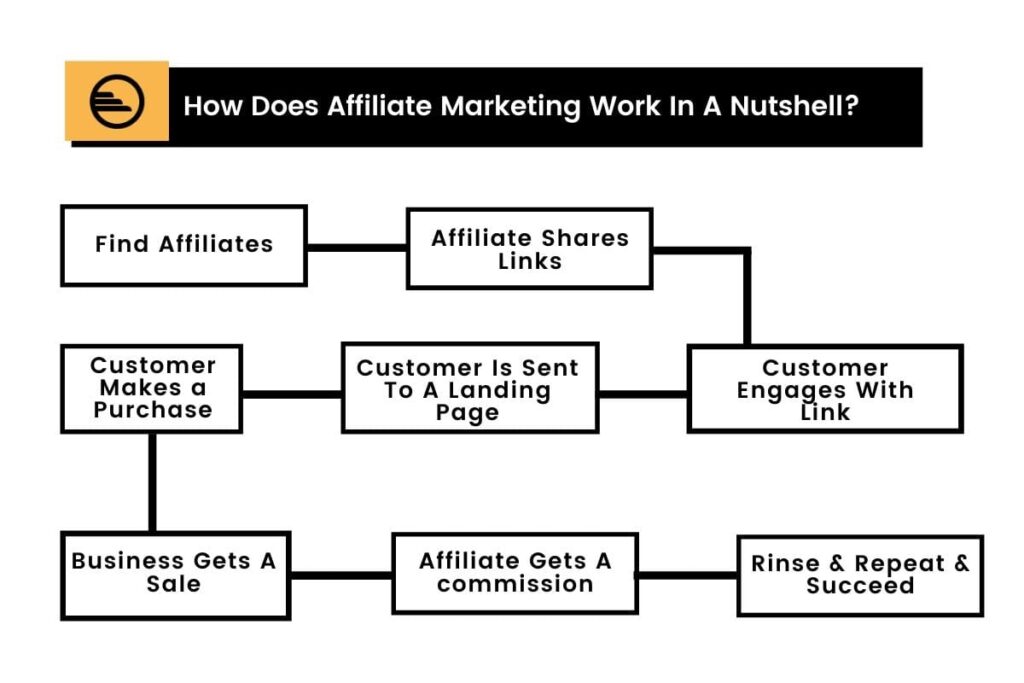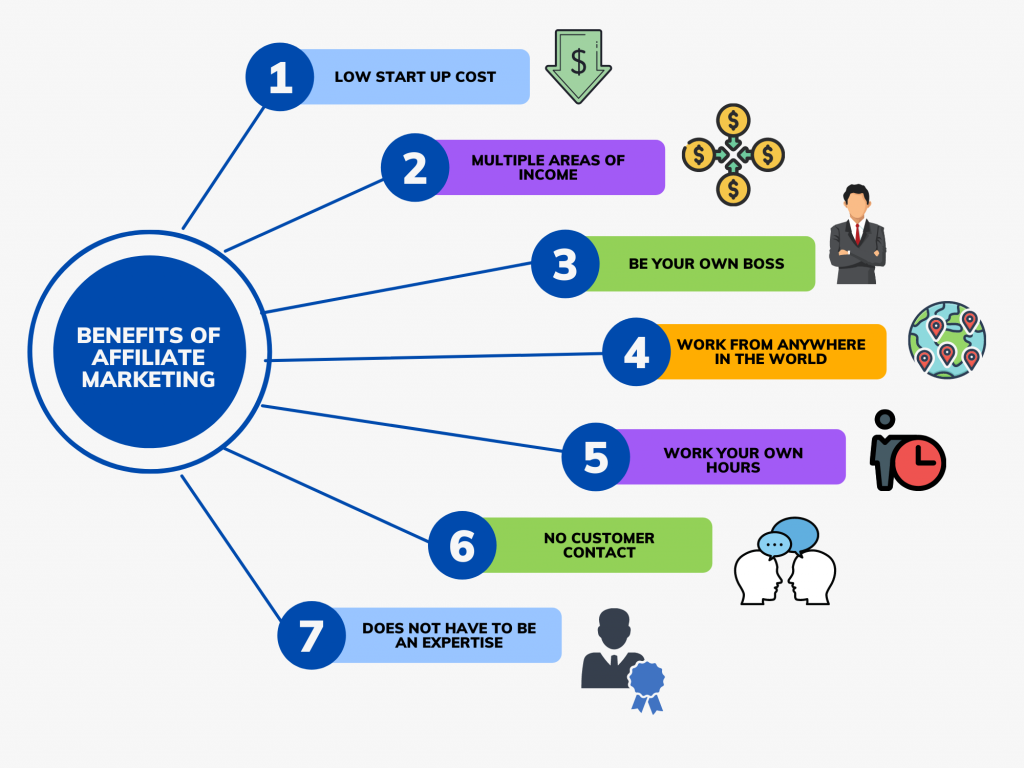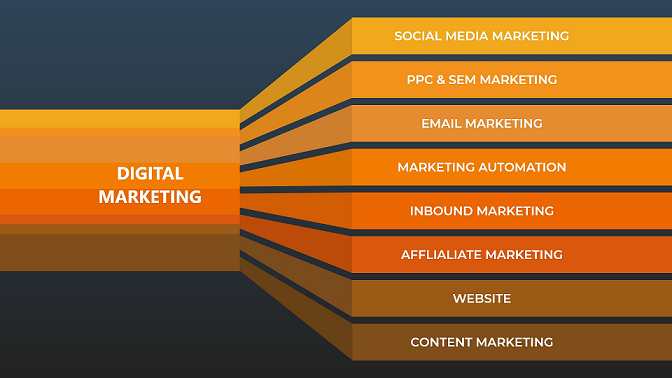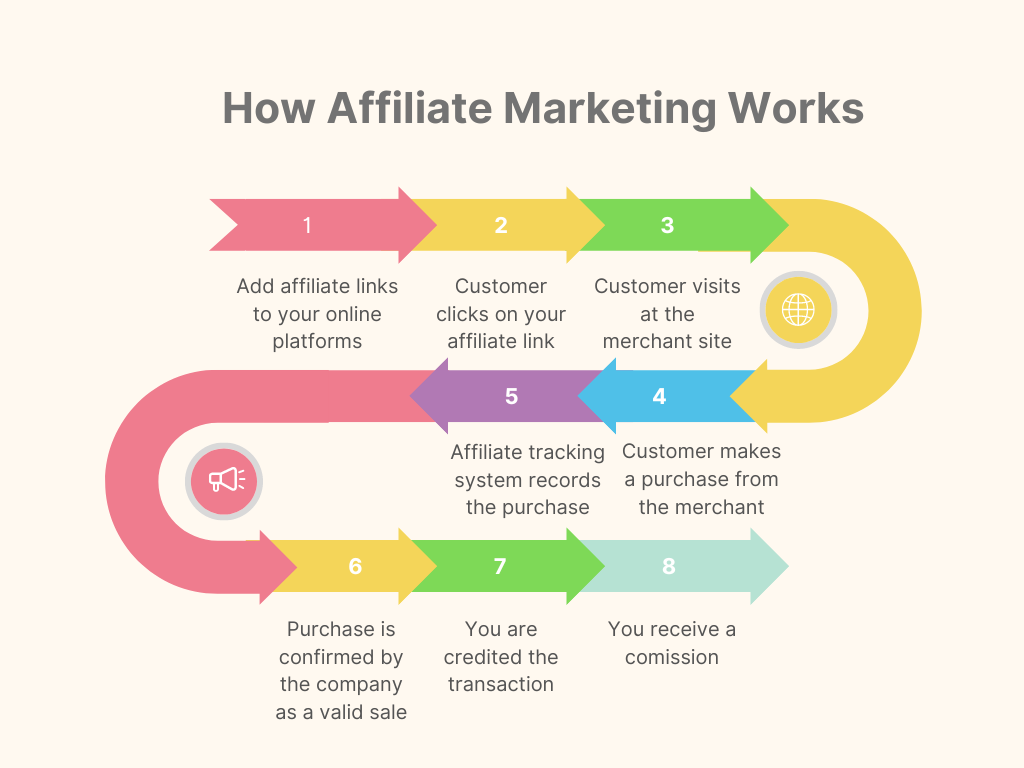What Is Affiliate Marketing
Introduction
In the dynamic world of digital commerce, affiliate marketing has emerged as a potent strategy that empowers businesses and individuals alike. This performance-based marketing model has revolutionized the way products and services are promoted and paved the way for a symbiotic relationship between advertisers and affiliates. In this comprehensive guide, we will delve into the intricacies of affiliate marketing, exploring its core concepts, benefits, strategies, and tips for success.

Understanding Affiliate Marketing
Affiliate marketing is a collaboration between advertisers (also known as merchants or vendors) and affiliates (often referred to as publishers). The essence of this partnership lies in the promotion of a product or service by the affiliates on their platforms. When a consumer makes a purchase through the affiliate’s unique tracking link, the affiliate earns a commission, which is a predetermined percentage of the sale. This commission-based system aligns the interests of both parties, making it a win-win situation.
Benefits of Affiliate Marketing
Cost-Effective: For advertisers, affiliate marketing offers a cost-effective solution as they only pay when a sale is made. This reduces the risks associated with traditional advertising models.
Broader Reach: Affiliates, often possessing their own dedicated audiences, enable advertisers to tap into new markets and demographics that might have been otherwise challenging to access.
Performance-Based: The performance-based nature of affiliate marketing ensures that affiliates are motivated to generate quality leads and sales, resulting in improved ROI for advertisers.
Diverse Promotional Strategies: Affiliates employ various promotional tactics, such as content marketing, social media promotion, email campaigns, and more, enhancing the overall marketing strategy.
Scalability: As the affiliate network grows, the potential for increased exposure and revenue grows exponentially, making it a highly scalable approach.
Key Strategies for Success
Choose the Right Niche: Both advertisers and affiliates should select a niche that aligns with their expertise and interests. A well-defined niche enhances credibility and enables effective targeting.
Build trust and credibility: Affiliates should prioritize building trust with their audience. This involves providing honest reviews, valuable content, and transparent recommendations.
Quality Over Quantity: Advertisers should focus on building strong relationships with a few reputable affiliates rather than pursuing quantity. Quality affiliates can yield better results.
Effective Tracking and Analytics: Implement robust tracking systems to accurately monitor clicks, conversions, and commissions. Analytics help refine strategies for optimal performance.
Provide Promotional Resources: Advertisers should equip affiliates with the necessary promotional materials, such as banners, product images, and persuasive content, to ensure consistent branding.
Continuous Communication: Maintaining open communication between advertisers and affiliates is vital. Regular updates, feedback, and collaboration foster a healthy and productive partnership.
Both parties should stay updated on industry trends, algorithm changes, and consumer behaviors to stay ahead of the curve.
What Is Affiliate Advertising


Affiliate marketing on social media involves a partnership between a brand (the advertiser) and social media influencers or content creators (the affiliates). The affiliates promote the brand’s products or services to their followers through unique affiliate links or codes. When a sale or conversion occurs through these links, the affiliate earns a commission, creating a mutually beneficial arrangement.
Benefits of Affiliate Marketing in Social Media
Cost-Effective: Brands only pay commissions when sales or conversions occur, making affiliate marketing a cost-effective advertising strategy.
Expanded Reach: Leveraging the audience of influencers allows brands to reach a broader and more engaged audience.
Enhanced Credibility: Affiliates’ endorsements can lend credibility and trustworthiness to the brand in the eyes of their followers.
Performance-driven: The success of affiliate marketing campaigns is easily measurable, enabling brands to gauge their ROI and adjust strategies accordingly.
Getting Started with Affiliate Marketing in Social Media
Identify Your Niche: Determine your target audience and the niche that aligns with your products or services. This will help you find affiliates whose followers match your ideal customers.
Recruit affiliates: Search for influencers or content creators on social media platforms who share your niche. Reach out to them and propose a partnership, explaining the benefits and terms.
Set Clear Terms: Establish clear agreements with your affiliates, specifying commission rates, payment terms, content guidelines, and tracking methods.
Provide Resources: Support your affiliates with promotional materials, such as high-quality images, videos, and unique tracking links or codes.
Track and analyze: Use affiliate tracking software to monitor conversions, clicks, and commissions. This data will help you assess the performance of your campaigns.
Compliance and Disclosure: Ensure that your affiliates comply with legal and ethical guidelines. They must disclose their affiliate relationships to their followers.
Communicate effectively: Maintain open communication with your affiliates. Regularly check in, provide feedback, and address any questions or concerns they may have.
Optimize and scale: Continuously analyze the performance of your affiliate marketing campaigns and adjust your strategies to optimize results. As you gain experience, consider expanding your affiliate network.
Conclusion
Affiliate marketing on social media has revolutionized the way businesses promote their products and services. By harnessing the influence and reach of social media influencers, brands can connect with their target audience more effectively, drive sales, and boost revenue. As you embark on your affiliate marketing journey, remember that transparency, effective communication, and a strong understanding of your audience are keys to success. With the right strategy and partnerships, affiliate marketing can become a valuable addition to your social media marketing toolkit, helping you achieve your business goals.

Conclusion
Affiliate marketing stands as a testament to the digital age’s transformative power, revolutionizing the way products and services are promoted and consumed. This collaborative strategy empowers advertisers to expand their reach and boost sales while granting affiliates the opportunity to monetize their platforms and influence. As businesses continue to navigate the complexities of the online marketplace, affiliate marketing remains a powerful and adaptive tool in their arsenal. By embracing its principles and strategies, stakeholders can unlock a new realm of possibilities and build a thriving online presence.
